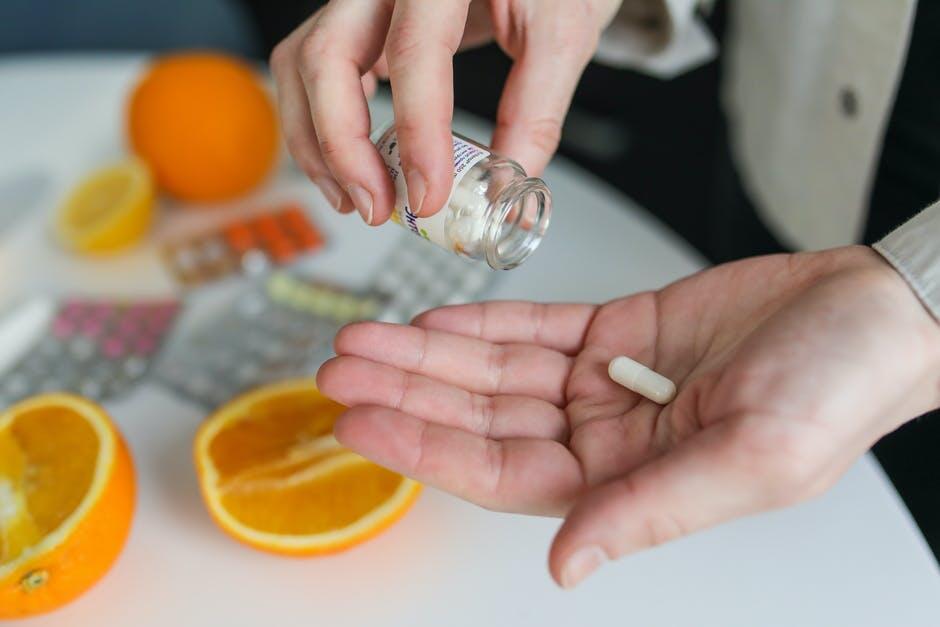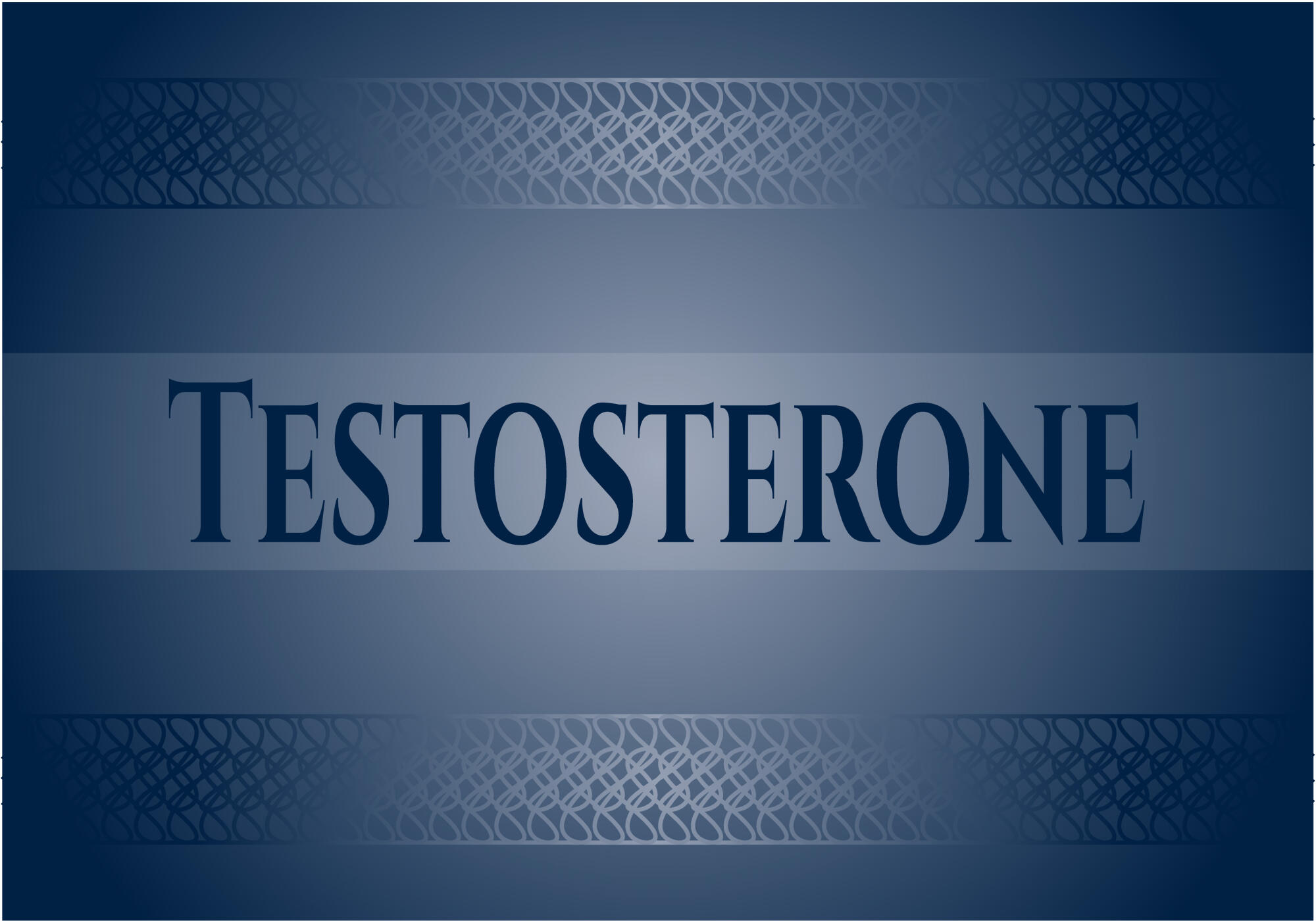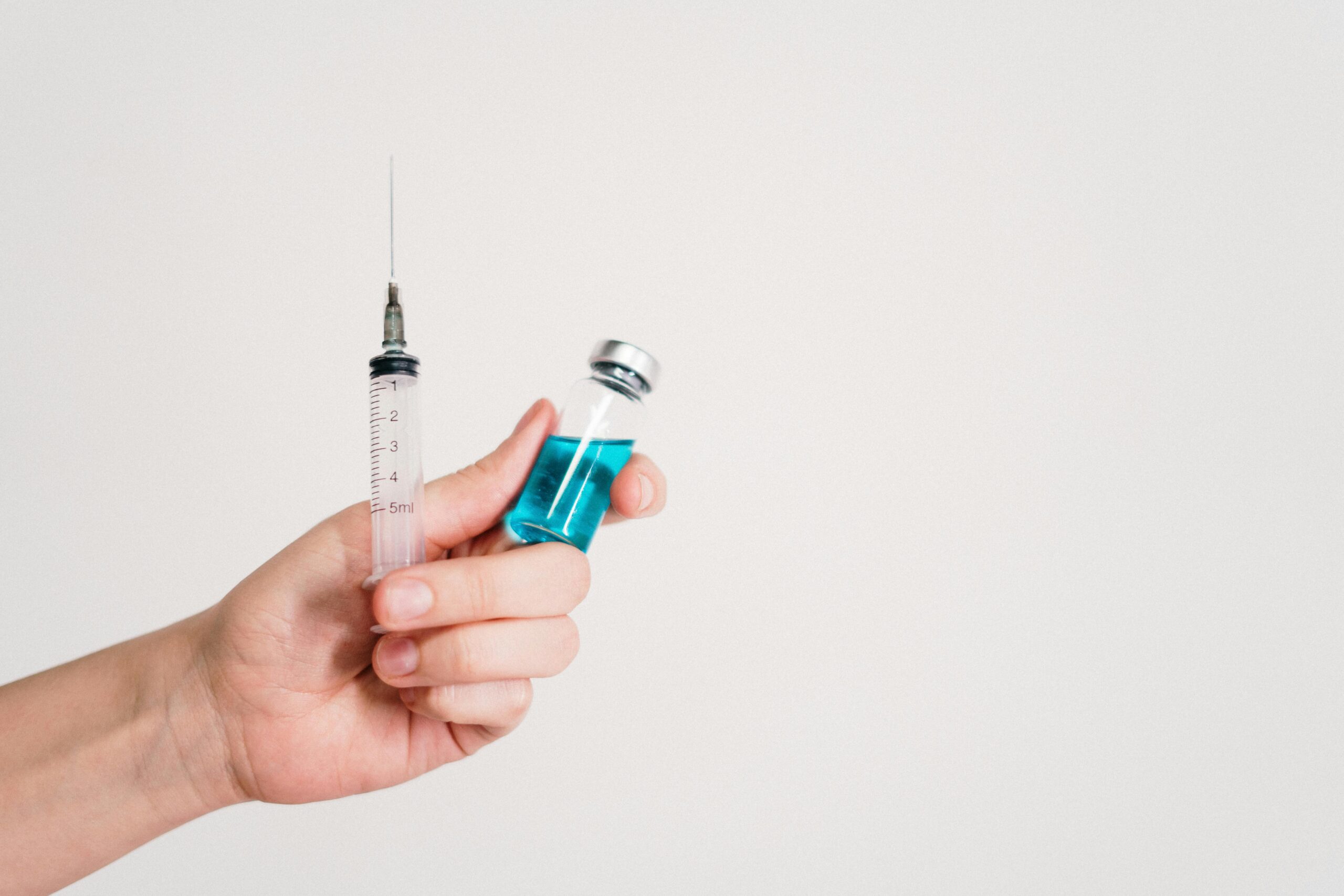IGF-1 stands for Insulin-like Growth Factor 1, a key hormone in the development of children. It has anabolic effects in adults and is important in the development of children, just like insulin. It is a single polypeptide chain amino acid with 70 residues, and its major site for its production is the liver.
In the liver, Growth Hormone (GH) stimulates the production of IGF-1, which continues being produced all through a person’s lifetime, with the peak period being puberty. In case of a deficiency of GH, there’s an automatic deficiency of IGF-1. This can be controlled using viable supplements.
Peptide therapy, in combination with other hormone treatments, can elevate the body and mind. Although peptide use in anti-aging methods is new, the results are overwhelmingly positive.
The safety of IGF-1 is sometimes questioned, but this hormone is very safe, especially based on the fact that it is produced in the liver. Also, the fact that it consists of 70 amino acids makes it a key component in living a healthy life.
Optimal IGF-1 Levels
In adults, the levels of IGF-1 are most optimal in the range of 200-300 ng/dL. These figures or reference values come in handy if you have to receive a supplement of IGF-1. Bodybuilders or those trying to lose weight can use supplements of this hormone at the right dosage to achieve their body goals or treat deficiencies, as the case may be.
IGF-1 Uses
Some of the reasons why Insulin-like Growth Factor 1 is a big deal, or its advantages include:
- IGF-1 is used as a diagnostic test, where low levels depict growth hormone deficiency and high levels depict acromegaly.
- Sequential measurement of IGF-1 can help manage several pituitary diseases, undernutrition, and problems associated with growth.
- Patients with Laron syndrome (Insulin-like Growth Factor 1 deficiency) can be treated using supplementary forms of the hormone that have been synthesized in bulk recombinantly from both yeast and bacteria.
- IGF-1 deeply influences bone development both in childhood and adulthood
IGF-1 may also:
- Facilitate protein synthesis in the body
- Channel fat to be used in energy production and regulates how it is being stored in the body, enabling weight loss
- Improve the body’s nerve tissue characteristics of regeneration
- Up regulate ligament strength and anti-oxidant uses
- Increase the amount of organic tissue in muscle cells, leading to bigger muscles. This is its use in bodybuilding
- Help fight autoimmune diseases
- Prevent heart disease and plaque build-up
- Improve the regulation of blood sugar
- Help in supplying the essential and non-essential amino acids you will otherwise not get in food
All these benefits are noticed only when the drug is not abused, so always see your doctor.
Side Effects of IGF-1
While on growth hormone therapy, your doctor will have to monitor certain parameters from time to time, such as; cholesterol levels, blood glucose levels, and bone density, to always make sure they are always healthy.
Since IGF-1 is similar to insulin in terms of molecular structure and even function, its presence in the body can alter how the body reacts to insulin responsible for regulating blood glucose levels. An untreated deficiency in this growth hormone can lead to osteoporosis and high cholesterol.
Despite the high effectiveness and efficiency of the IGF-1, it still has a few side effects, which are fortunately not very serious.
- Joint pains
- Muscle pains
- Swelling of some tissues
- Headaches
- Hypoglycemia
- Nausea
- Increased predisposition to some common cancers
However, most of these symptoms will only occur if you take the supplement higher than prescribed doses. This leads us to discuss dosage.
IGF-1 Dosage
In men, it is advised not to exceed 40-50mcg of the IGF-1 injection. For women, it shouldn’t be above 20mc, and it can be administered twice daily. Since it has a long half-life, it shouldn’t be injected above two times, especially if you use the IGF-1 LR3.
On workout days, the injection should be administered pre and post-workout. On non-workout days, however, it can be administered at any time of day. Administering it at the same time every day Is highly recommended.
A dosage cycle will typically run for 2 to 12 weeks. It is advisable to start with a lower dosage and then add as time goes by. Bodybuilders and those not known to IGF-1 have no problem being on the high dosage side of life. If IGF-1 is administered to you to treat deficiencies, do not hesitate to see your doctor if you have any questions or concerns.
If IGF-1 levels are too high or too low at the end of the dosage cycle, you can adjust the dosage levels accordingly depending on what problem you are trying to solve. Always stay within the reference range and consider your age, fitness level, and other factors before deciding on a dosage.
How to Buy IGF-1
Apart from the natural Insulin-like Growth Factor produced in the liver, synthesized IGF-1 made in huge amounts from E. coli and yeast by recombinant technology can also work just fine. IGF-1 can only be purchased using a prescription from your doctor. Online providers like Evolve Telemedicine have IGF-1 available, and it can be shipped to you once a prescription and purchase are confirmed.
Peptide Therapy
While IGF-1 is frequently prescribed, peptide therapy is also effective. Peptide therapy uses amino acid chains to communicate with the body to produce or release growth hormones. This process causes the body to naturally produce growth hormones and increase IGF-1 levels, making it a safer treatment. An Evolve Telemedicine physician can prescribe peptide treatments once a patient’s blood test and lab results are reviewed. Speak with a patient care team member to learn more about the process.
Getting Your Blood Tested Before Treatment
Before treatment, getting a blood test is highly recommended for the patient to receive the safest and most effective treatment plan. You will find a check of IGF-1 levels in a full hormone panel managed by a qualified Evolve Telemedicine physician and hormone therapy expert.
This blood test is used to:
- Help diagnose growth hormone deficiency (GHD) or growth hormone excess.
- Evaluate pituitary function.
- Monitor the effectiveness of GH treatment.
Besides checking IGF-1 levels, this insightful blood test will also analyze:
- Total Testosterone Standard
- Free Testosterone Standard
- Estradiol standard
- Sex Hormone-Binding Globulin (SHBG)
- Prolactin
- Prostate-Specific Antigen (PSA)
- Follicle-stimulating hormone (FSH)
- Luteinizing hormone (LH)
- TSH, Free T4, Free T3
- Dehydroepiandrosterone Sulfate (DHEA-S)
- Lipid Panel – LDL, HDL, Triglycerides, Total Cholesterol, Ratio HDL/LDL
- CBC with differential
- CMP-14
- HBa1c
Conclusion
Like every other drug or medication, IGF-1 should be taken under strict advice from your physician. Abusing the medication, especially by overdosing, causes a few debilitating side effects. This hormone has so many important functions in the body, and its importance can’t be over-emphasized. Make sure you get professional advice before you use the IGF-1 supplement, and always revert to your doctor in case of any complications or if you have any questions. Remember, health is wealth!
If you have questions about IGF-1 testing or would like to get started with hormone treatment, then schedule a free consultation with our expert team today!

Keith Starwalt, DNP
Dr. Keith Starwalt (DNP) is a board-certified Adult-Gerontology Acute Care Nurse Practitioner. He received his Bachelor of Science in Biology at Eastern Illinois University, Master of Science in Nursing at Rush University College of Nursing and attended Rush University again for his Doctor of Nursing Practice. Dr. Starwalt has over 8 years of acute care inpatient clinical experience at Rush University Medical Center. He is well-versed in and passionate about bioidentical hormone and peptide therapies. “There’s no one size fits all approach when it comes to peptides. That’s the beauty of our innovative and personalized treatment methods- we know that everyone’s body is different, and we treat everyone according to their individual needs” says Dr. Starwalt.










